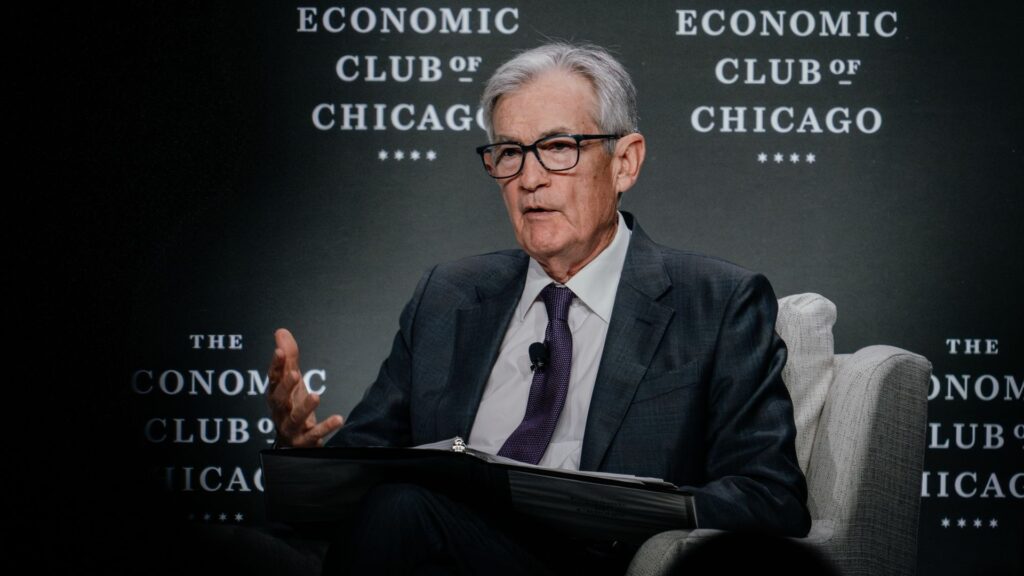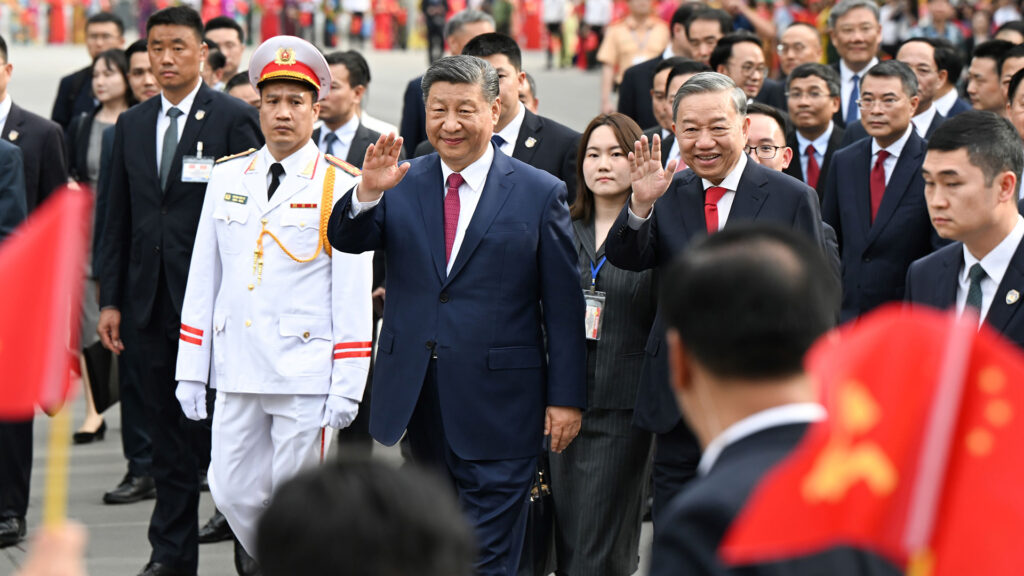On April 10, 2025, Absa Botswana hosted a landmark forum under “Pensions to Power Progress,” convening some of the country’s most influential voices in finance and economics.
The event, held in Gaborone and moderated by Botho Phiri, Head of Financial Institutions at Absa, explored how pension fund investments and private capital can fuel Botswana’s next wave of economic development.
With infrastructure gaps, regulatory evolution, and capital deployment challenges under the spotlight, the panelists delved deep into solutions that can unlock the country’s growth potential.
Highlights
- Absa Forum took place on April 10, 2025, bringing together top financial leaders and policymakers.
- Experts emphasized the need for alternative asset classes like infrastructure and private equity to support national development.
- DPF (Debswana Pension Fund) highlighted successful investments in private healthcare and their role in pension sustainability.
- Thusano Capital stressed the need for greater awareness and regulatory alignment to support private infrastructure.
- Economists highlighted the fiscal limitations of government and the need for private capital to close infrastructure gaps.
- Regulatory support from NBFIRA is expanding with PFR2 changes, allowing up to 25% allocation to alternatives.
- Banks, pension funds, and asset managers are urged to collaborate more on structured infrastructure deals.
The Panel and Stakeholders
Moderated by Botho Phiri, the panel featured:
- Thato Norman, Chief Investment Officer, Debswana Pension Fund
- Dr. Keith Jefferis, Economist, Econsult Botswana
- Oteng T. Sebonego, CEO, Thusano Capital
- Dr. Kelesego Mmolainyane, Financial Economist, NBFIRA
- Tebogo Giddie, Corporate Director – Transaction Banking, Absa Botswana
Botswana’s Changing Economic Landscape
Dr. Keith Jefferis set the stage by highlighting the transformation of Botswana’s macroeconomic fundamentals. Formerly characterized by government surpluses and abundant savings, the country runs fiscal and balance-of-payments deficits.
“Government can no longer be the primary financier of infrastructure,” Jefferis noted, advocating for private capital infusion into public projects.
He emphasized that private finance must complement public resources, especially given the government’s reduced fiscal space.
The Role of Pension Funds in National Development
Thato Norman, representing Debswana Pension Fund (DPF), underscored the dual mandate of pension funds: generating returns for members while supporting national development.
“Infrastructure investments improve national productivity, enabling better roads and stable power, which in turn foster economic growth,” Norman said.
DPF’s BWP 12 billion in assets includes allocations to private hospitals and other social infrastructure, driven by a desire to enhance pensioners’ access to local services.
Infrastructure Investment: Challenges and Potential
Oteng Sebonego, CEO of Thusano Capital, addressed the practical hurdles of investing in infrastructure:
- Lack of centralized permitting (“no one-stop-shop”)
- Extended project development cycles
- Currency risks due to foreign-denominated infrastructure financing
- Low awareness and limited capacity for local project development
Still, he cited opportunities in grid expansion, logistics corridors, digital infrastructure, and battery storage, referencing a recent 900MW solar tender as a catalyst for private participation.
Regulatory Support for Alternative Investments
Dr. Kelesego Mmolainyane of NBFIRA highlighted the role of regulatory frameworks in enabling private equity and infrastructure finance. Under PFR2, pension funds can allocate:
- 10% to local private equity (up from 5%)
- 5% to local infrastructure
NBFIRA has licensed six private equity managers and observed rapid growth in PE commitments, from BWP 510 million in 2021 to BWP 3 billion by December 2024. However, only BWP 600 million has been drawn down, suggesting a need for better deployment and pipeline development.
Strategic Collaboration Between Banks and Asset Owners
Absa Botswana’s Tebogo Giddie emphasized banks’ critical role in bridging capital gaps for infrastructure:
“Collaboration between pension funds and banks allows for deep, long-tenured financing,” she explained, adding that Absa is exploring creative structures, especially in social sectors like education.
Giddie also noted that private equity structures benefit from banks offering liquidity solutions as PE funds exit.
Structuring Public Infrastructure for Private Finance
The panel concluded with strategies to de-risk and structure public projects to attract private capital:
- PPP Models: Shared risk, with the government offering guarantees or minimum revenue thresholds
- Concessions: Viable for roads and logistics hubs, especially if revenue-generating (e.g., tolls)
- Tiered Financing: Mixing loans, equity, and hybrid instruments to suit varied investor appetites
Dr. Jefferis stressed the importance of pipeline development and properly structured revenue models for sectors beyond energy, such as transport, water, and healthcare.
Outlook and Way Forward
Botswana is at a turning point with over BWP 160 billion in pension assets and a pressing need for national infrastructure. The forum clarified that aligning regulatory incentives, institutional capital, and smart structuring will be key to catalyzing economic transformation.
“The capital is there,” said Norman. “The deals need to be well-prepared, and the partnerships authentic.”
The Absa Forum closed with a renewed commitment among stakeholders to work collaboratively, ensuring pensions truly power progress.







